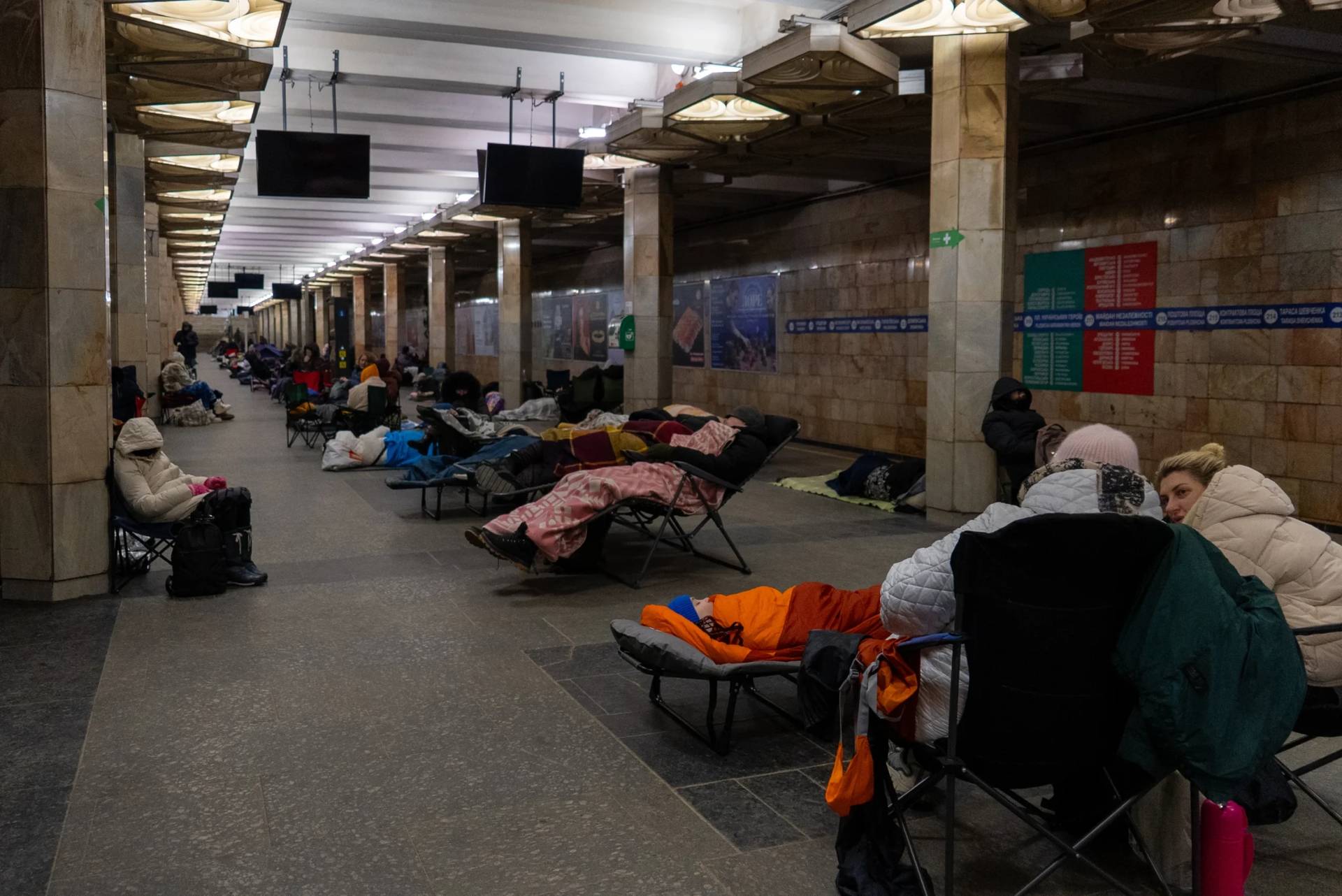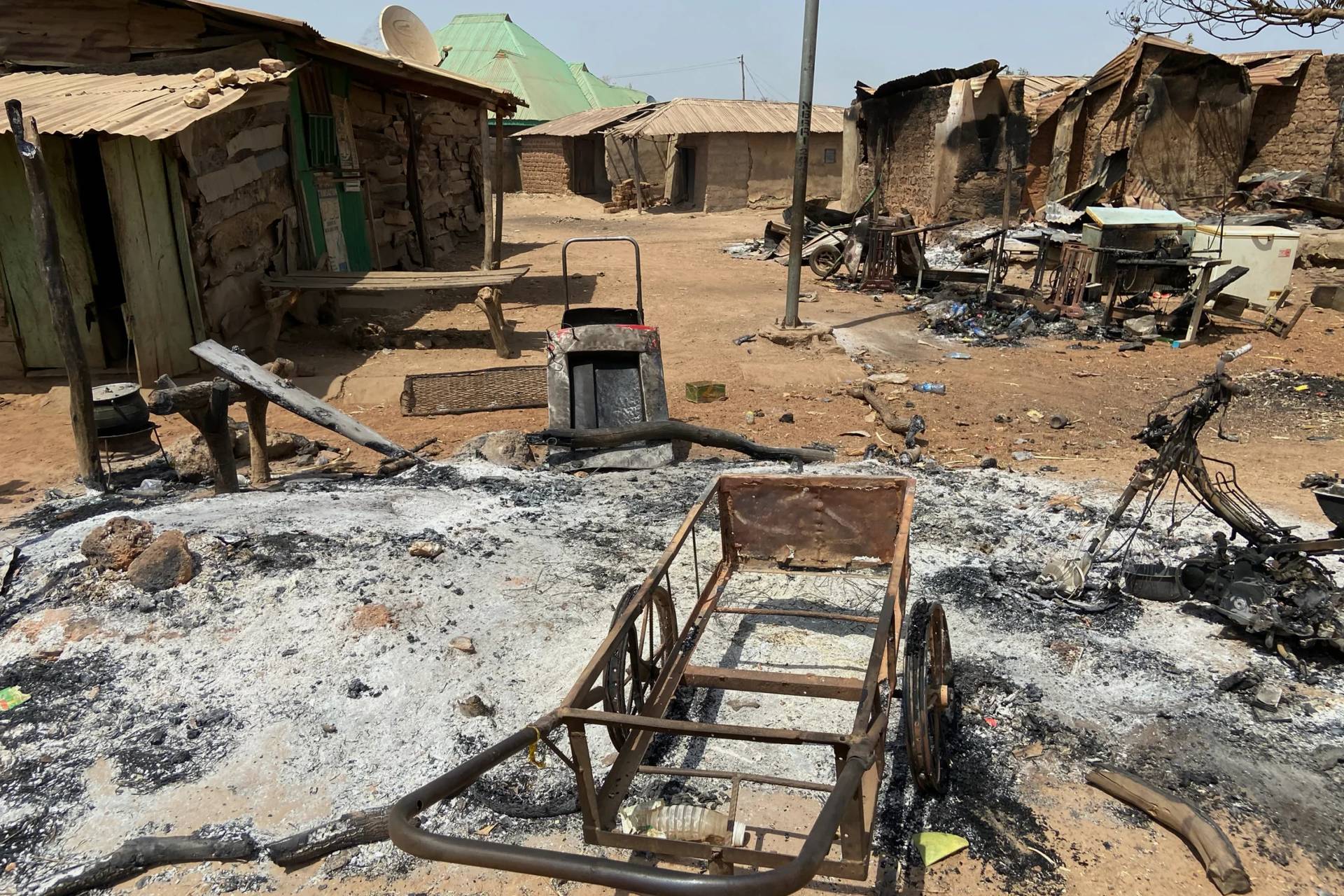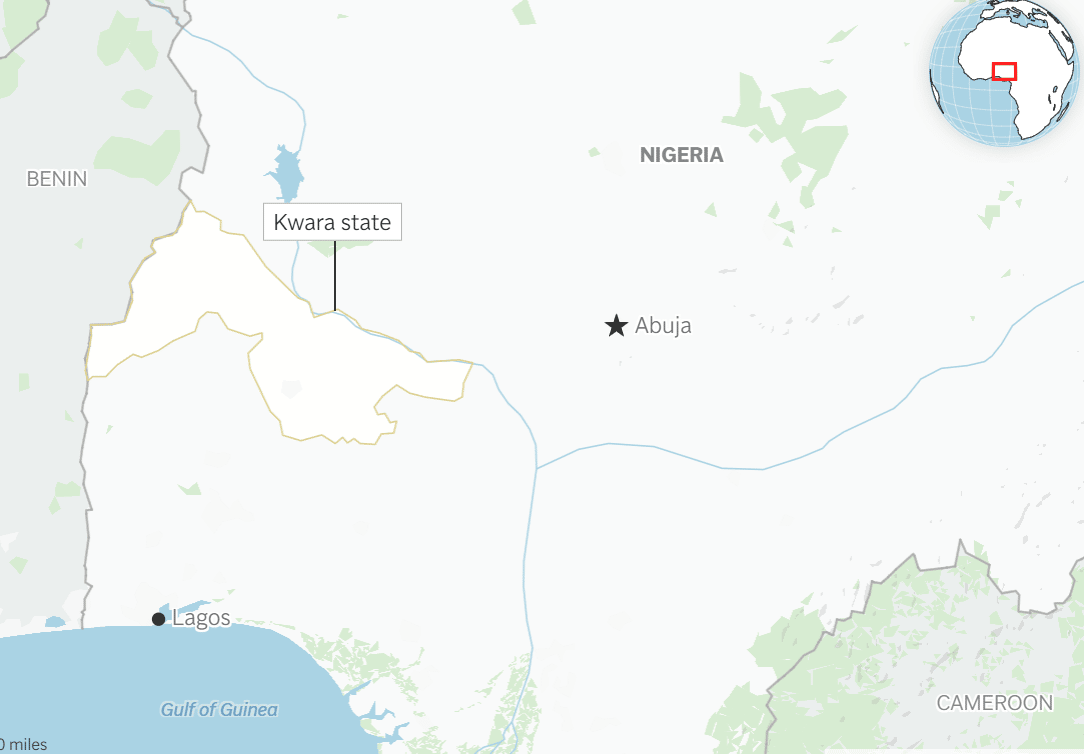MOSCOW — The head of the Russian Orthodox Church chaired a meeting of top priests Friday to decide how to respond to the move by Orthodox Christianity’s leading body to send two envoys to Ukraine.
The Russian church claims authority over the church in Ukraine. But many Ukrainian parishes are rejecting the Moscow Patriarchate and have formed a separate church that is pushing for recognition as a self-governing, or autocephalous, institution. The church in Ukraine has been tied to the Moscow Patriarchate for hundreds of years.
Calls for self-government have accentuated since Moscow’s 2014 annexation of the Crimean Peninsula from Ukraine and its support for pro-Russia insurgents in eastern Ukraine.
Last week, those advocating self-government received a fillip when the Istanbul-based Ecumenical Patriarchate said it was sending two bishops to Ukraine as a step toward declaring ecclesiastical independence for the church there.
The move by Ecumenical Patriarch Bartholomew I, who is considered the “first among equals” of Eastern Orthodox clerics, followed a meeting last month with the Russian Orthodox Church’s head, Patriarch Kirill, which failed to narrow their differences.
Kirill strongly condemned the move while opening Friday’s meeting of the Holy Synod and compared it to the Ecumenical Patriarchate’s actions during the split in the Russian Orthodox Church in the 1920s.
Metropolitan Onufriy, the head of the Ukrainian Orthodox Church that answers to the Moscow Patriarchate, told the Holy Synod via a video call that the bishops sent by Bartholomew I had already arrived in Ukraine and established contacts with the heads of the Ukrainian Orthodoxy.
Ukrainian President Petro Poroshenko has urged the Istanbul-based Patriarchate to grant Ukrainian Orthodox clerics full ecclesiastical independence from Moscow.
Russian President Vladimir Putin’s spokesman, Dmitry Peskov, told reporters Friday that “worrying information about possible decisions regarding the church in Ukraine causes concern.”
Peskov noted that “the state can’t interfere in the church affairs,” but added that “preservation of the Orthodox unity is the only preferable scenario for Moscow, as well as for the entire Orthodox world.”
Orthodox authorities in Moscow have accused the Ukrainian Greek Catholic Church of supporting the efforts to break the recognized Orthodox Church’s subordination to the Russian Orthodox Church.
Major Archbishop Sviatoslav Shevchuk, head of the Ukrainian Catholic Church, said in April that he is not participating in the process “because we believe that it is the internal affair of the Orthodox Churches,” but said unifying the different Orthodox jurisdictions in Ukraine is an important step to overcome the split among the Ukrainian Orthodox believers.
“It is also important for destroying church isolation of the Ukrainian Orthodox Church of Kyiv Patriarchate and Ukrainian Autocephalous Orthodox Church in the framework of world Orthodoxy. We hope that in this way it will be possible to heal the wounds of division in the Ukrainian Orthodoxy. In this regard, we are positively evaluating all efforts for the possible recognition of the united Orthodox Church of Ukraine by the Patriarchate of Constantinople,” Shevchuck said.
In a May 30 meeting with Russian Orthodox Metropolitan Hilarion of Volokolamsk, Pope Francis said the Catholic churches must not meddle in the internal affairs of the Russian Orthodox Church.
“This is my attitude and the attitude of the Holy See today. And those who meddle are not obeying the Holy See,” the pope said.
Crux staff contributed to this report.










